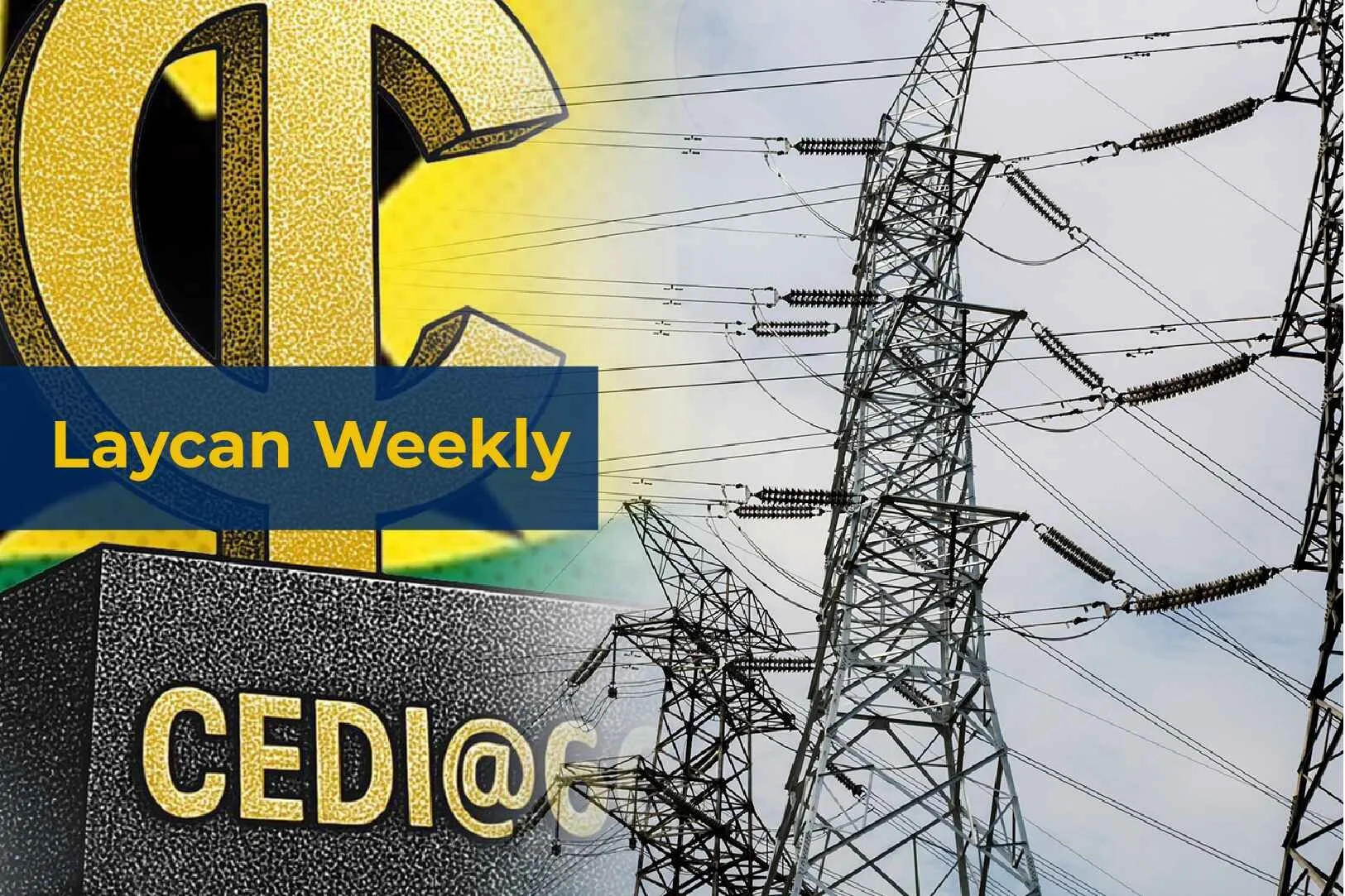Ghana’s Energy Week: Calm, Control, and the Path to Resilience
Ghana’s energy conversation this week focused on control, credibility, and steady policy momentum. The Bank of Ghana’s “Cedi@60” campaign, launched on 28 October, goes beyond commemoration. It is a strategic effort to stabilise the currency before peak end-year energy sector foreign exchange demand. By linking currency integrity with inflation control and digital payments, the central bank is setting up conditions for a stronger cedi. A firmer cedi lowers import costs and eases ECG and GRIDCo’s dollar-linked obligations, giving relief across the energy value chain.
The energy reform agenda also advanced through a ten-year, ten-billion-dollar blueprint unveiled at the Energy Roundtable. Ghana’s installed capacity stands at about 5,200 megawatts, yet only 3,500 megawatts are typically available, exposing inefficiencies. The plan targets these gaps by ending take-or-pay contracts, moving to market-based tariffs, and introducing performance benchmarks for utilities. If executed effectively, Ghana could save about 550 million dollars annually and cut industrial tariffs by up to 12 percent. The inclusion of small modular nuclear reactors by 2035 signals intent to secure clean and stable baseload power.
GOIL’s latest prices held steady: Super XP at GH₵12.98 per litre, Diesel XP at GH₵13.85, and Super XP 95 at GH₵15.25. The most recent wholesale ex-refinery quote for the 16–31 October window averaged GH₵8.73/kg (cash) and GH₵8.95/kg (45-day credit). With Brent crude at US$62.82 per barrel and a stable cedi, no major pump adjustment is expected in early November, though margins for oil marketing firms remain tight.
Across Africa, the energy narrative is shifting from dependency to design. In Nigeria, the Federal Executive Council approved the Dangote Refinery’s expansion to 1.4 million barrels per day. Once operational, it will meet 120 percent of domestic demand and export roughly 300,000 barrels per day to West Africa. This will reshape regional fuel trade and reduce Ghana’s exposure to global price swings through cheaper refined imports.
Globally, capital is changing course. The Atlantic Council’s 2025 Global Energy Agenda ranks storage, solar, and nuclear as top investment priorities. The shift reflects a drive toward flexibility and reliability, strengthening grids and diversifying supply. The trend aligns with Ghana’s plan for hybrid renewables supported by nuclear power.
Oil markets stayed soft but stable. Brent crude closed at US$62.82, down 1.2 percent week-on-week, as weak Chinese data offset geopolitical risks. The U.S. Federal Reserve’s rate cut to 3.75–4.00 percent on 29 October lifted investor sentiment but tightened short-term dollar liquidity.
These global and regional signals reinforce Ghana’s near-term outlook. Brent’s softness and Nigeria’s refining expansion point to lower import costs. Coupled with the central bank’s discipline and the Energy Ministry’s reform drive, Ghana is building the two foundations of energy stability and operational efficiency.
Ghana is no longer a passive observer in global energy shifts. It is positioning itself quietly and deliberately within Africa’s new energy order. The week’s message is clear: calm is a strategy. Policy steadiness, refinery revival, and global investment in storage and nuclear mark a turning point. Resilience is now the growth story. The nations that master it will not only endure the next energy cycle. They will shape it.

